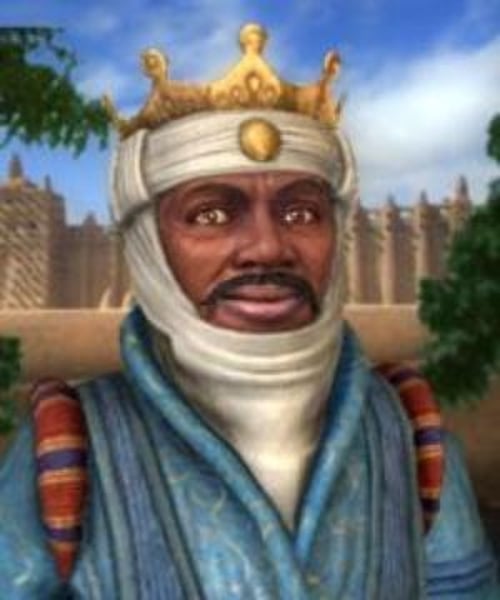AP World - Unit 2 (1200-1450: The Late Post-Classical Era)
1/39
There's no tags or description
Looks like no tags are added yet.
Name | Mastery | Learn | Test | Matching | Spaced |
|---|
No study sessions yet.
40 Terms
Silk Road Trade
A historically important trade route between China, the Middle East and the Mediterranean. Transmitted goods, religion and technology.
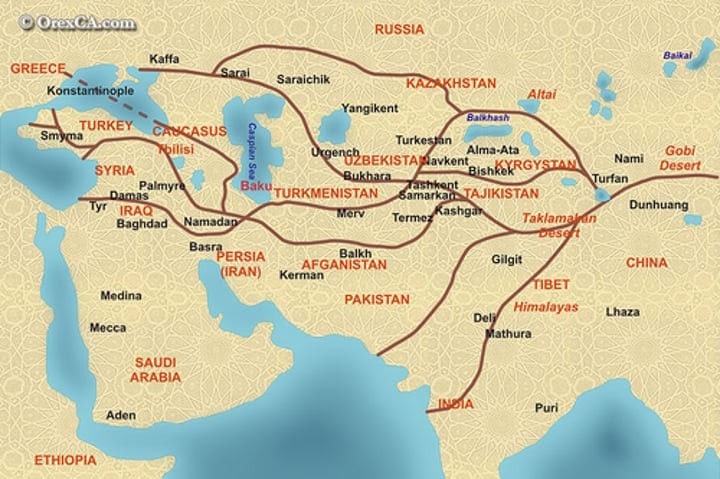
Kashgar
A central trading point where the Eastern and Western Silk Roads met.
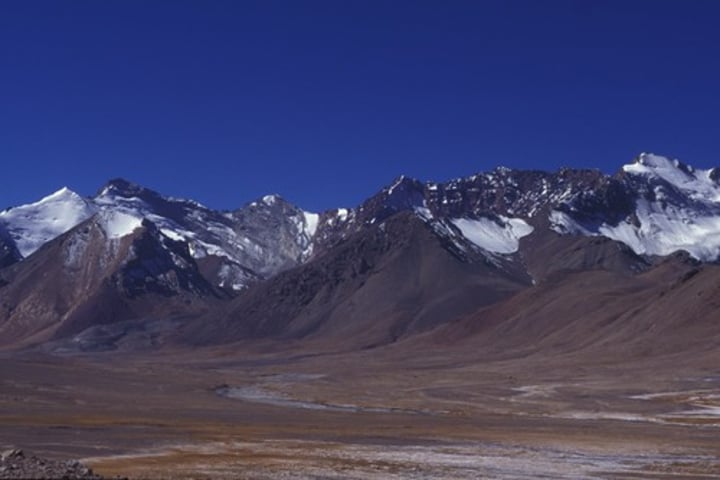
Dunhuang
Chinese city located on Silk road that transmitted Mahayana Buddhism to China. Large carvings of the Buddha can be found here.
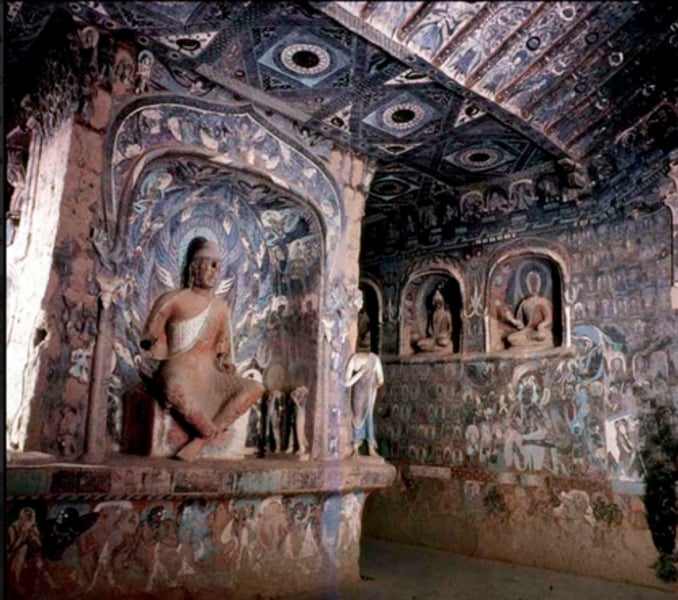
Samarkand
During the rule of the Khan Timur Lane, this was the most influential capital city, a wealthy trading center known for decorated mosques and tombs and key destination along the Silk Road.
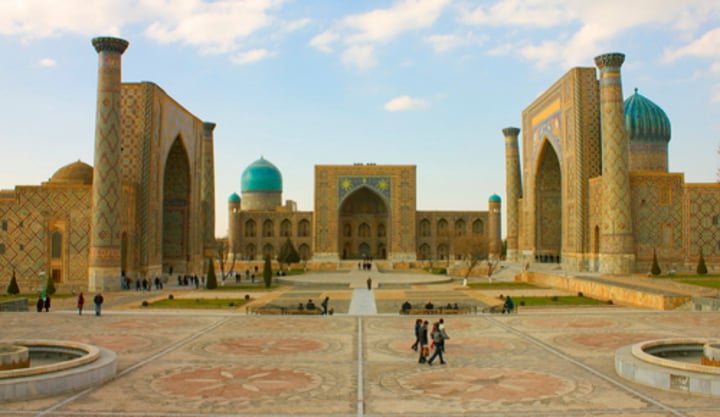
Diasporic communities
Merchant communities that introduced their own cultures into other areas, often seen along trade routes
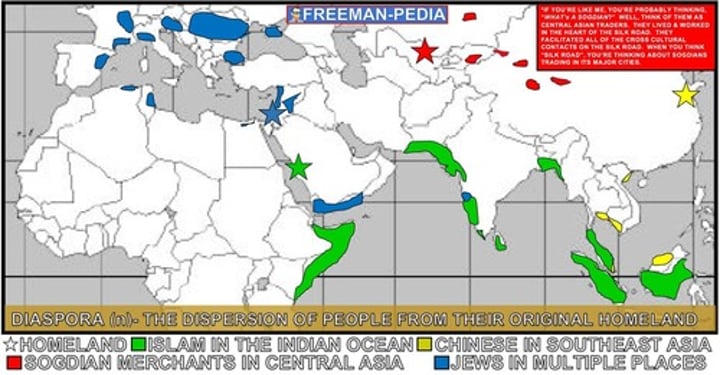
Caravanserai
an inn with a central courtyard for travelers in the desert regions of Asia or North Africa.
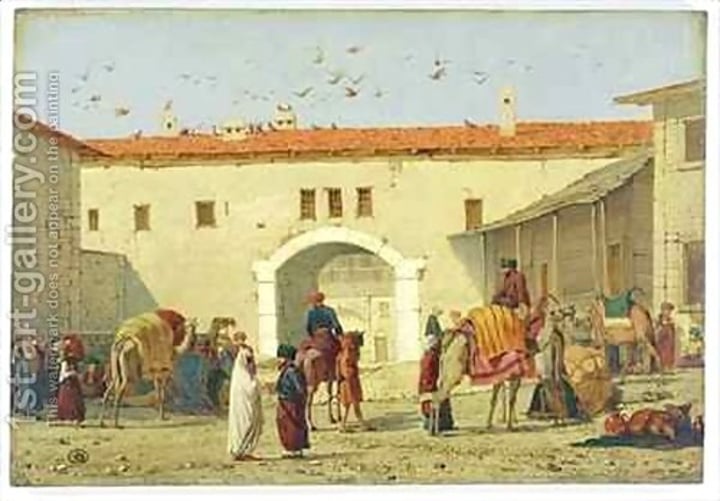
Ibn Battuta
Moroccan Muslim scholar, the most widely traveled individual of his time. He wrote a detailed account of his visits to Islamic lands from China to Spain and the western Sudan.
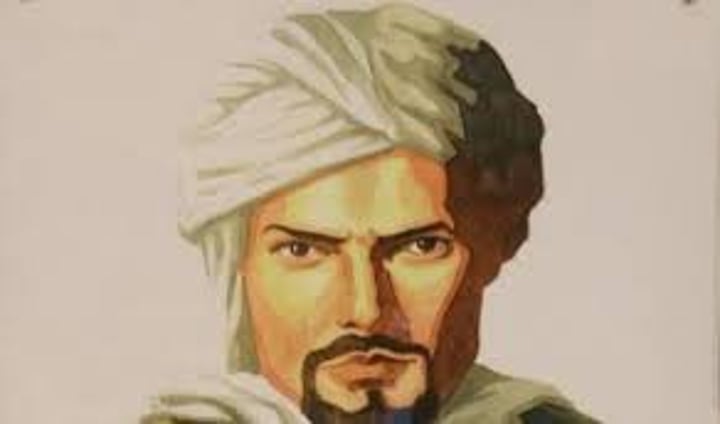
Marco Polo
Venetian merchant and traveler. His accounts of his travels to China offered Europeans a firsthand view of Asian lands and stimulated interest in Asian trade.
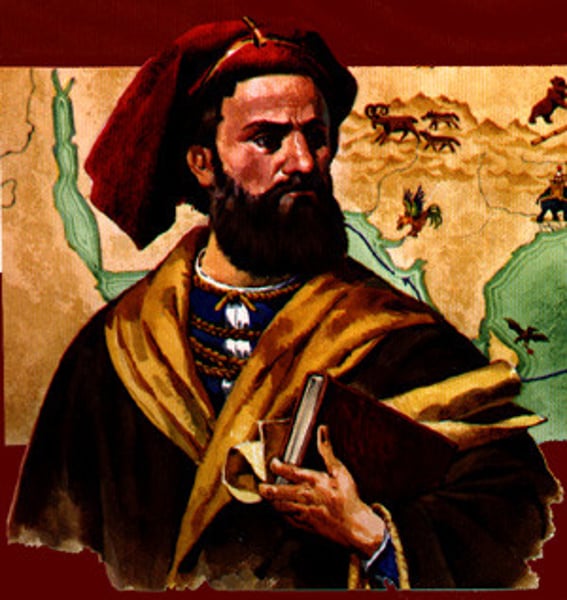
Indian Ocean Trade
World's richest maritime trading network that was essential for the prosperity of East Africa, the Middle East & India. Transmitted goods, religion and technology.
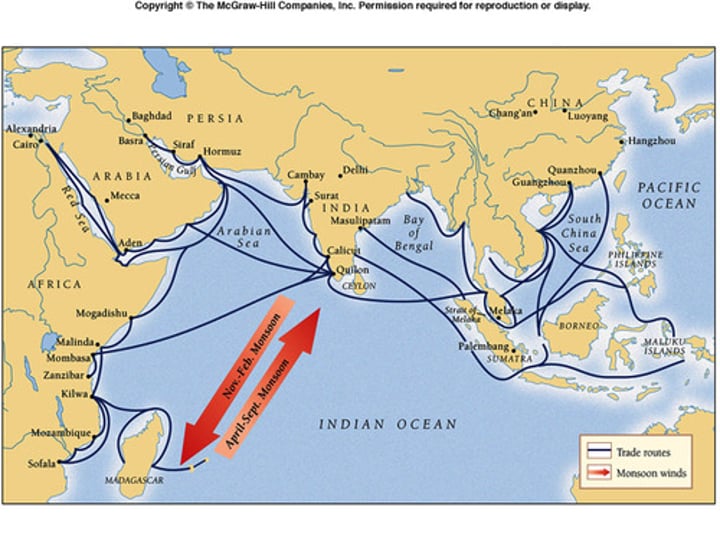
Dhow
Ship of small to moderate size used in the western Indian Ocean, traditionally with a triangular sail and a sewn timber hull.
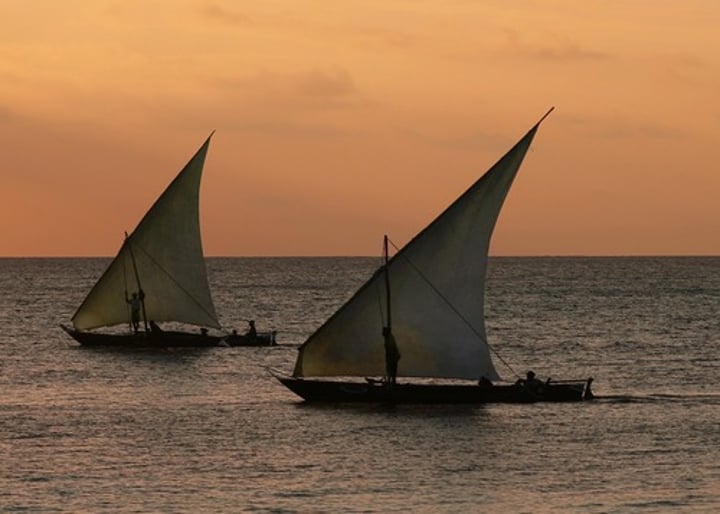
Junk
An ancient Chinese sailing vessel/ship developed during the Song Dynasty (960-1129).
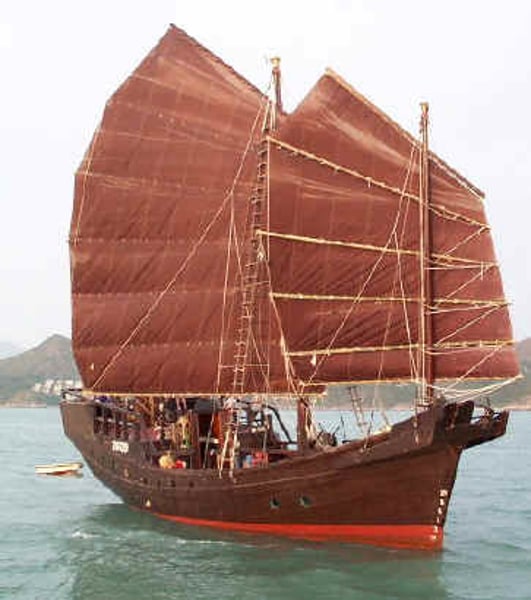
Monsoon winds
The geographic phenomena of the Indian Ocean and southern Asia which blew from the southwest in summer and from the northeast in winter. Commonly marked by heavy rains.
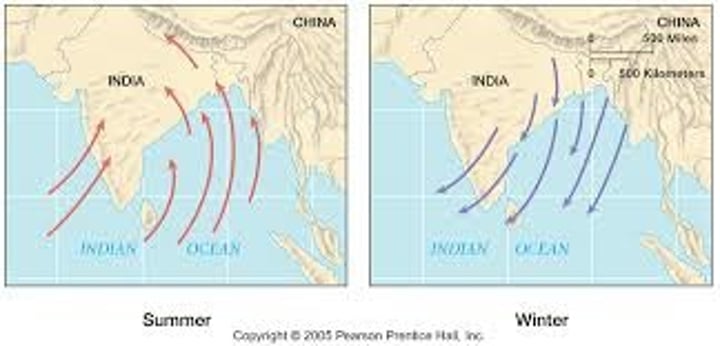
Straight of Malacca
Links the Indian Ocean to the Pacific Ocean through Indonesia & Malaysia
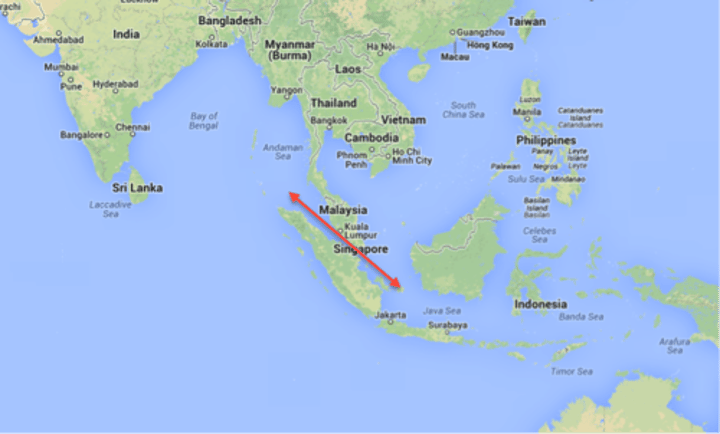
Trans-Saharan Trade
Trade route across the Sahara desert. Known for trading gold and salt, created caravan routes, economic benefit for controlling dessert, camels played a huge role in the trading.
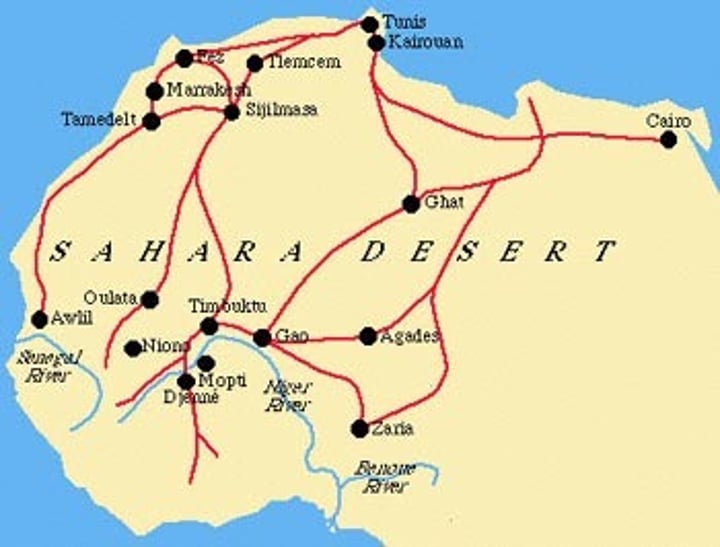
Zheng He
An imperial eunuch and Muslim, entrusted by the Ming emperor Yongle with a series of state voyages that took his gigantic ships through the Indian Ocean, from Southeast Asia to Africa.
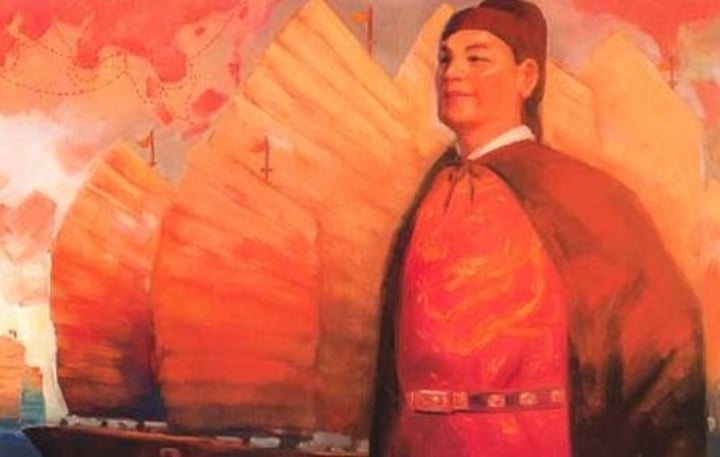
Calicut
Great spice port in India, later Vasco da Gama will arrive here
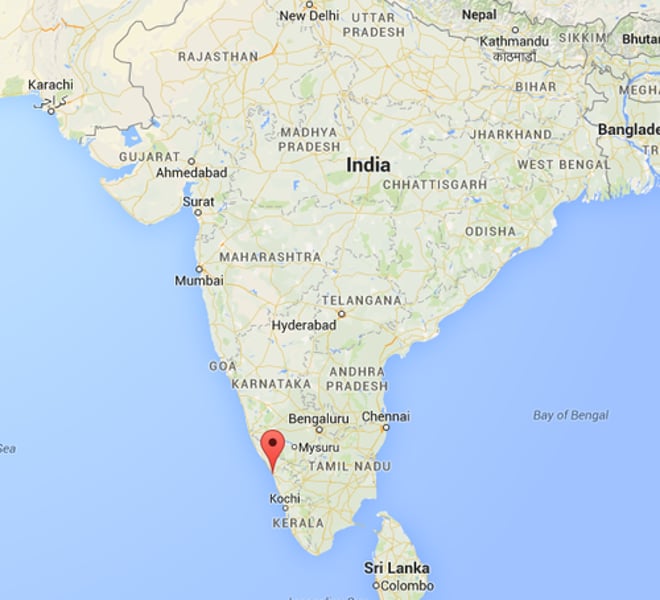
Ghana
kingdom in west Africa during 5th - 13th century whose rulers eventually converted to Islam; power and wealth based on dominating trans-Saharan trade
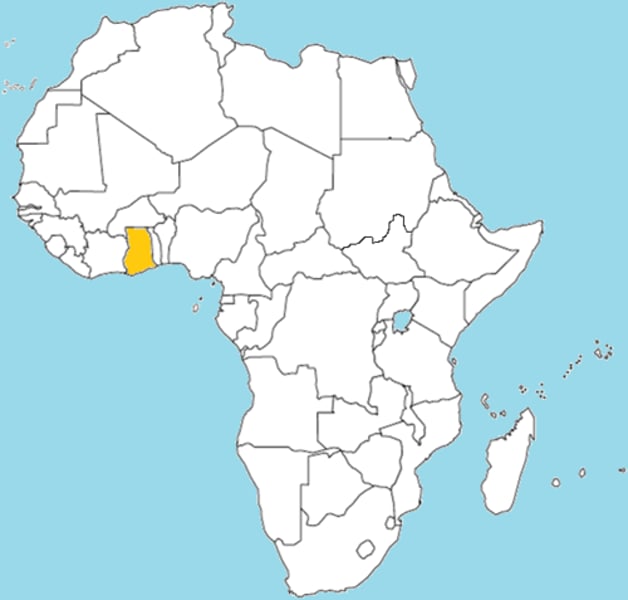
Mali
West African kingdom founded in the thirteenth century by Sundiata; it reached its peak during the reign of Mansa Musa.
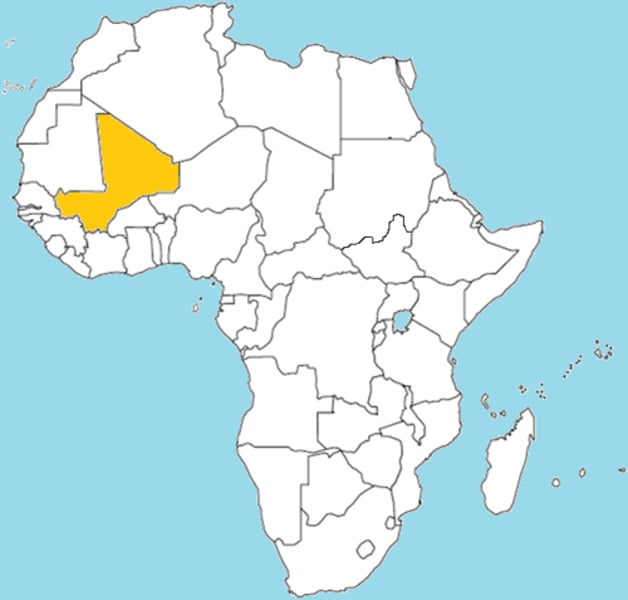
Seljuk Turks
Nomadic people out of Central Asia that converted to Islam - Remembered for invading the Byzantine Empire and fighting in the First Crusade.
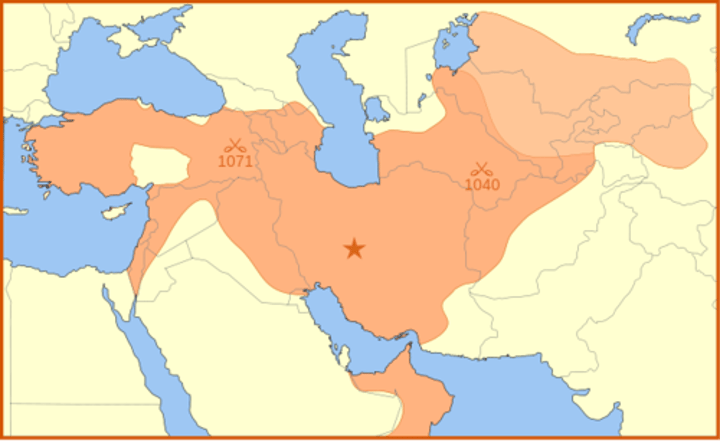
Timbuktu
A city in west Africa, leading center of trade and Islamic learning.
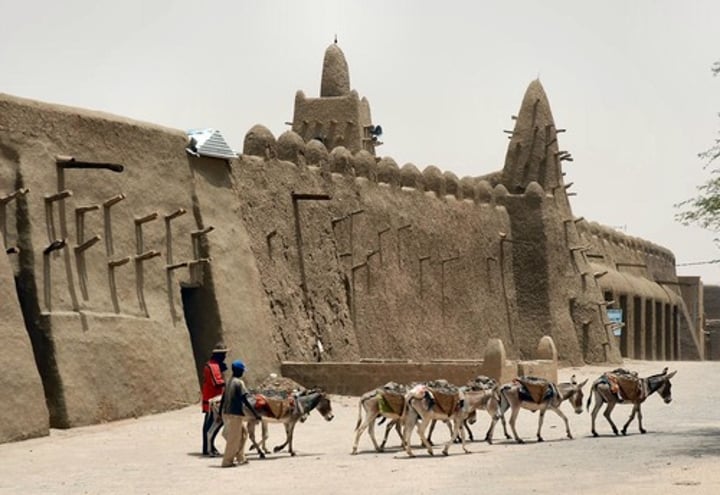
Sultan
"holder of the power" - political ruler with absolute authority in a muslim country
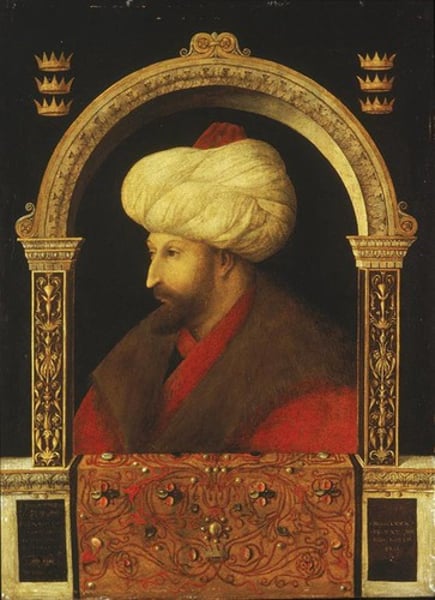
Delhi Sultanate
Indian empire created by Muslim invaders (Afghan Turks). They ruled northern India between 1206 and 1526 C.E. The Delhi Sultanate introduced Muslim influence and forms of governance into India.
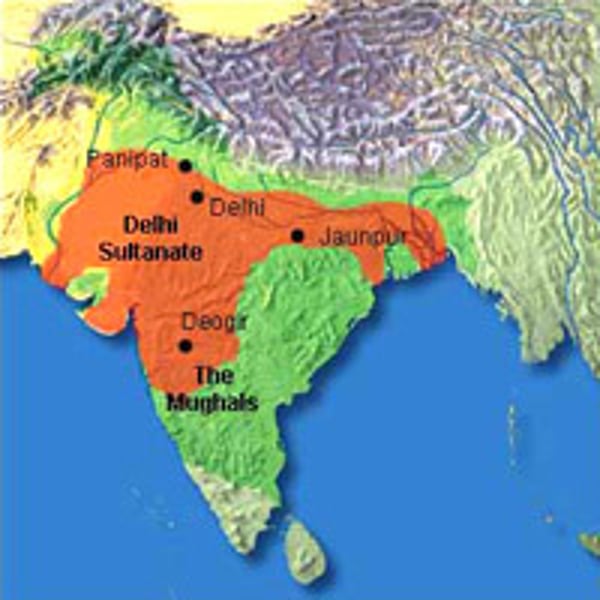
Mongols
Central Asian nomadic people who created the largest empire ever.
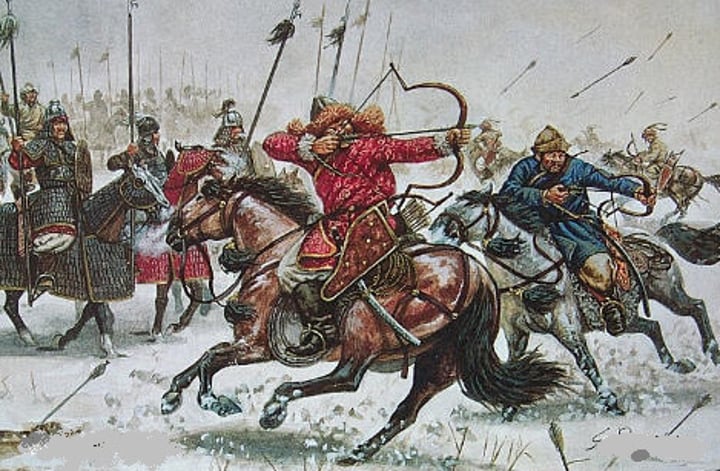
Genghis Khan
Founder and Khan (ruler) of the Mongol Empire, which became the largest contiguous empire in history after his death.
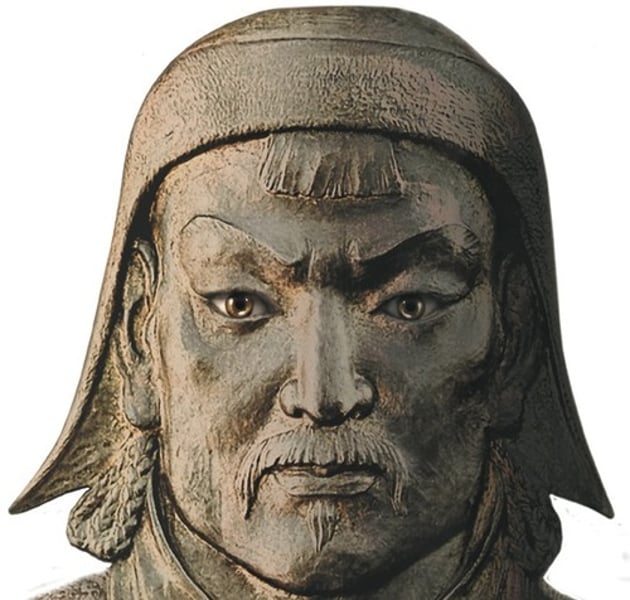
Khanates
Four regional Mongol kingdoms that arose following the death of Genghis Khan 1. Khanate of the Great Khan (China) 2. Khanate of Changtai (Central Asia) 3. Ilkhanate (Persia) 4. Khanate of the Golden Horde (Russia)
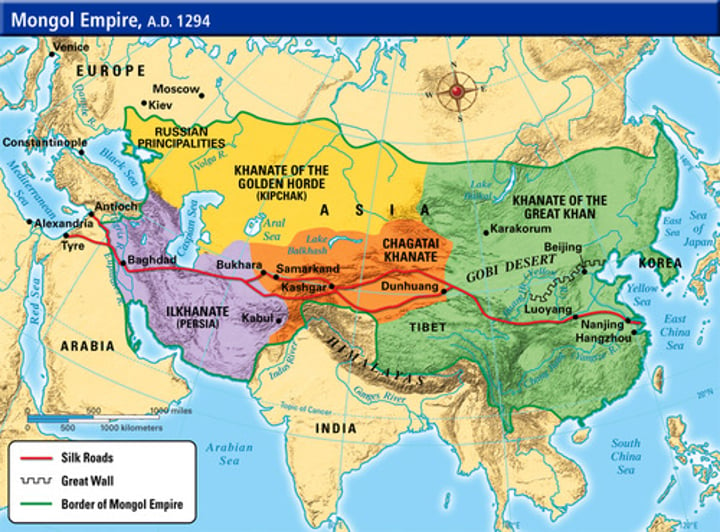
Kubali Khan
Genghis Khan's grandson. Toppled the Song Dynasty and gained control of China.
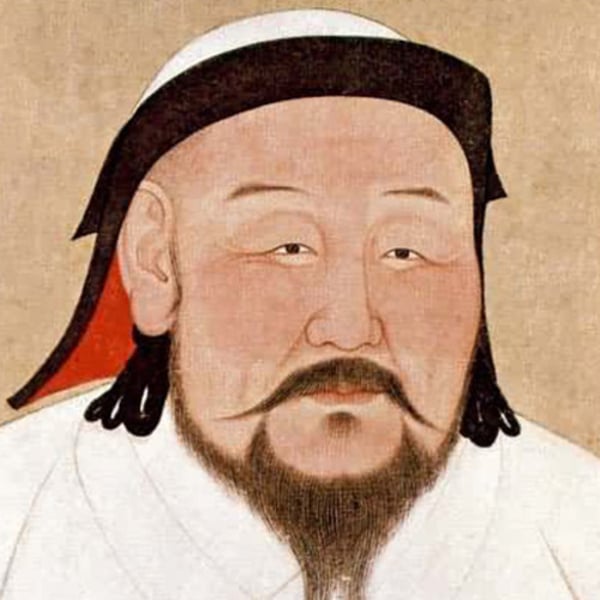
Mamluks
Turkic military slaves in Egypt who stopped the Mongols from advancing.
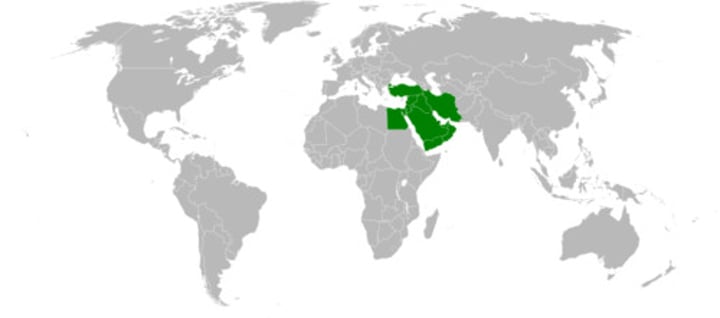
Pax Mongolica
Era of relative peace and stability created by the Mongol Empire - Increased trade and cultural trade along the Silk Roads
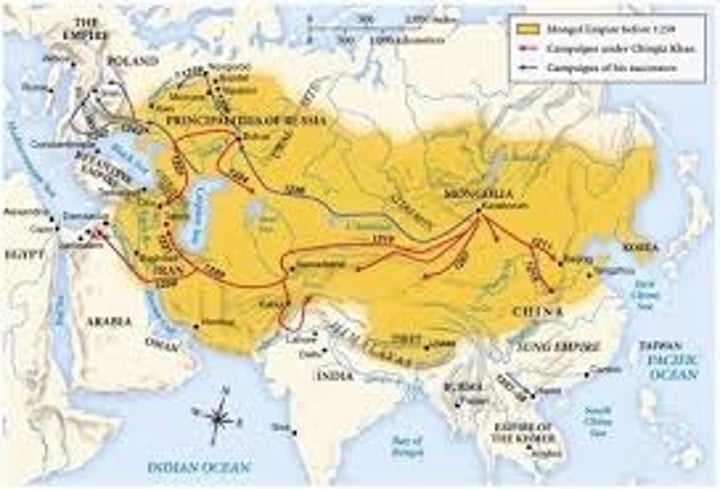
Mansa Musa
Emperor of the kingdom of Mali in western Africa. He made a famous pilgrimage to Mecca (hajj) and established trade routes to the Middle East. Also remembered for giving out lavish gifts and gold.
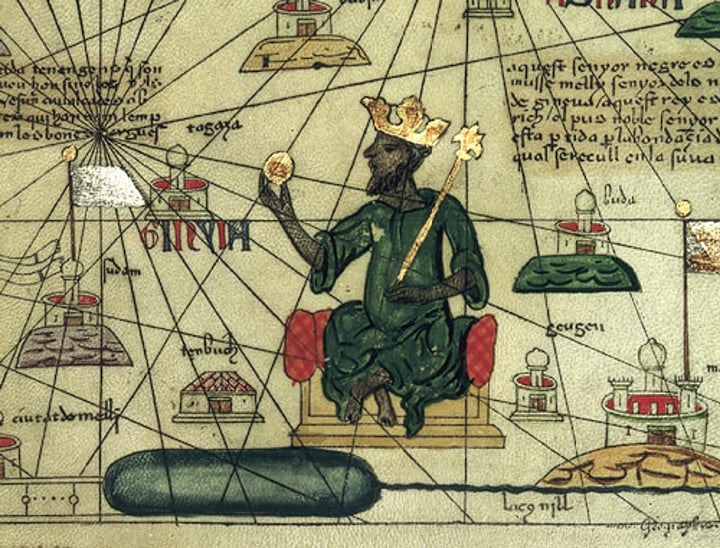
Swahili city-states
East African states that traded with China, India and Persia in the Indian Ocean. Bantu Ethnic Groups.
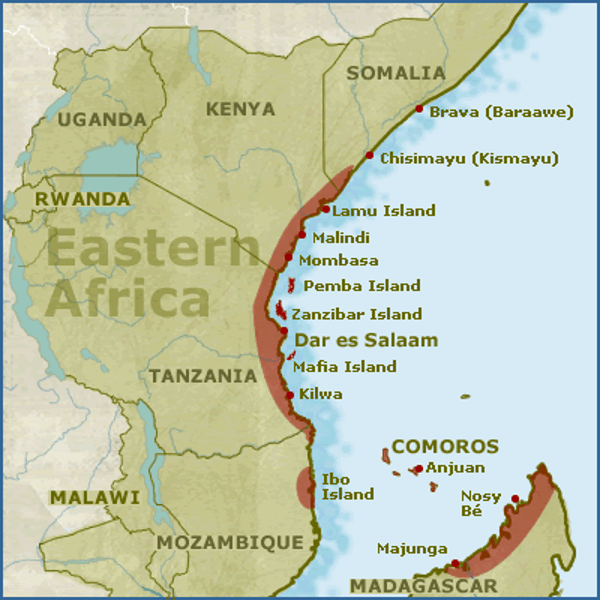
Kilwa
Great commercial city on the east coast of Africa
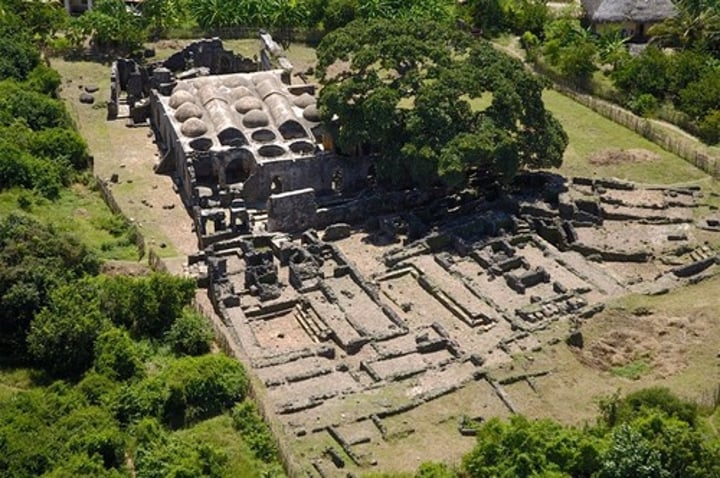
Great Zimbabwe
Bantu confederation of peoples, developed after 8th century; created centralized state by 15th century
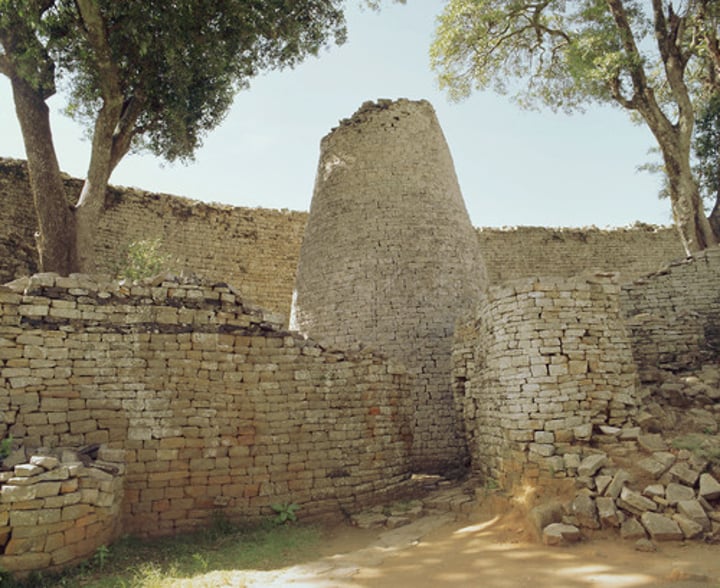
Kiev
Trade city in southern Russia (modern day Ukraine) established in 9th century; became focal point for kingdom of Russia that flourished to 12th century.
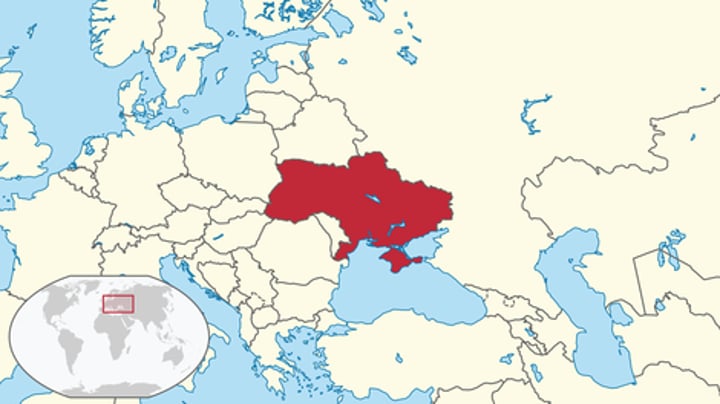
Black Death
The common name for a major outbreak of plague (bubonic plague) that spread across Asia, North Africa, and Europe in the mid-fourteenth century, killing a vast numbers of persons.
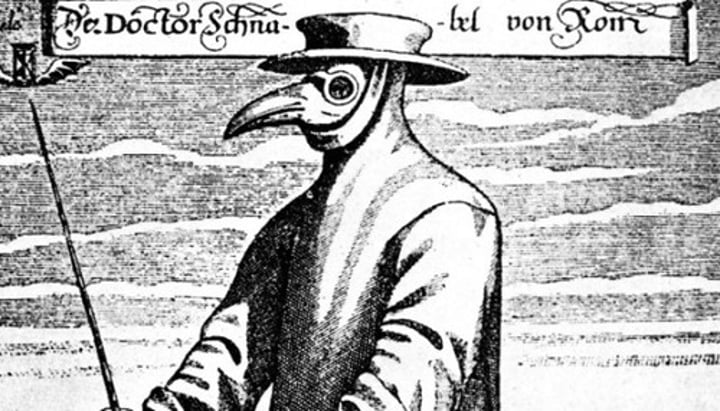
Diffusion of crops (1200-1450)
Bananas in Africa, New rice varieties in East Asia, Spread of Cotton, sugar, and citrus throughout Dar-al-Islam and the Mediterranean basin
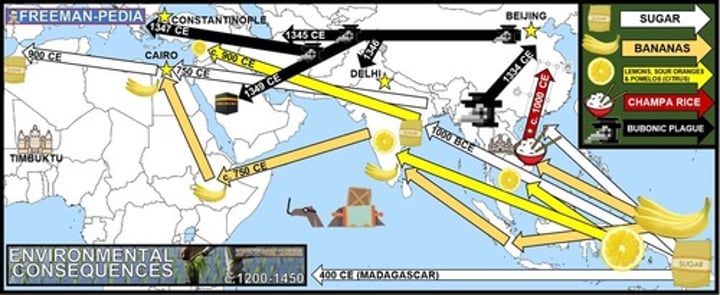
Xuanzang
A famous Chinese Buddhist monk, scholar, traveler, and translator who described the interaction between China and India in the early Tang period. He became famous for his 17 year trip to India and back.
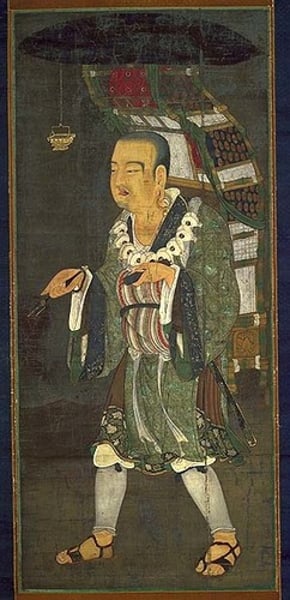
magnetic compass
Chinese invention that aided navigation by showing which direction was north
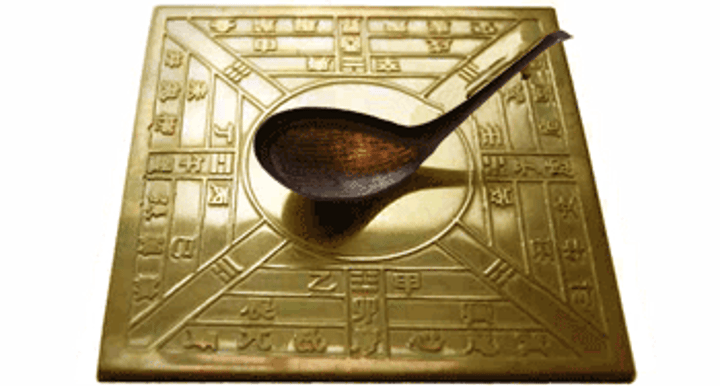
Lateen Sail
triangular sail that made it possible to sail against the wind; used in the Indian Ocean trade
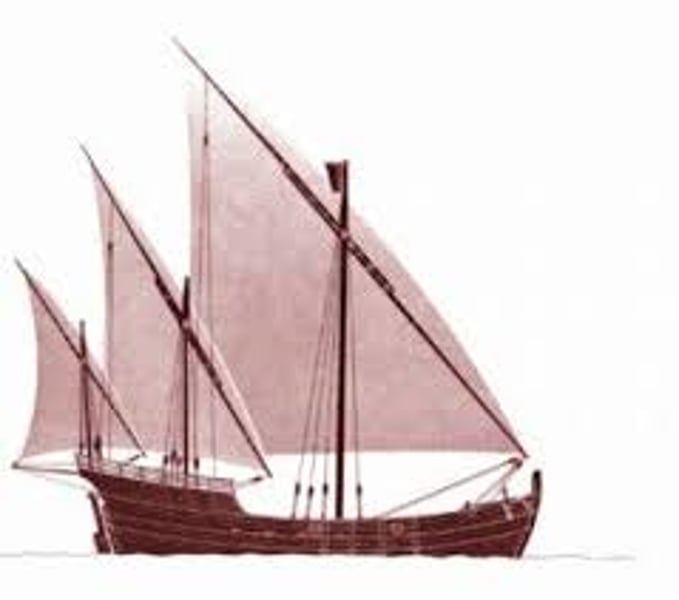
Margery Kempe
English Christian mystic, known for writing through dictation The Book of Margery Kempe, a work considered by some to be the first autobiography in the English language. Her book chronicles her domestic tribulations, her extensive pilgrimages to holy sites in Europe and the Holy Land, as well as her mystical conversations with God.
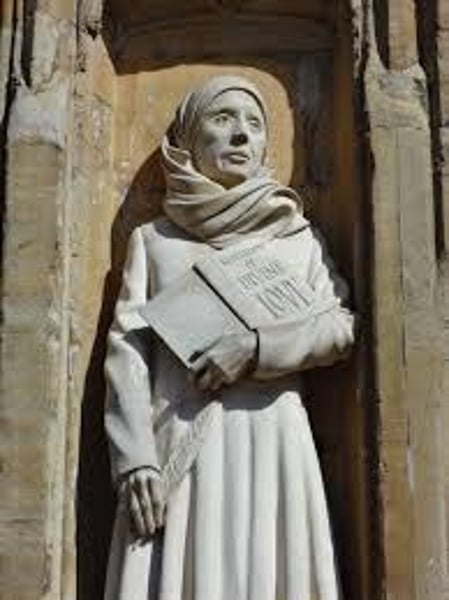
Sundiata
The "Lion Prince"; a member of the Keita clan; created a unified state that became the Mali Empire
